Dong-Hyun Kwak
Micro-Objective Learning : Accelerating Deep Reinforcement Learning through the Discovery of Continuous Subgoals
Mar 11, 2017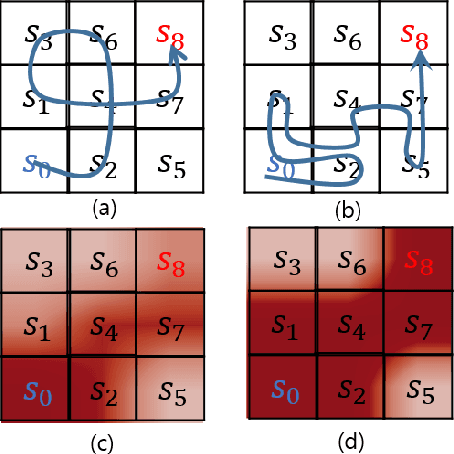

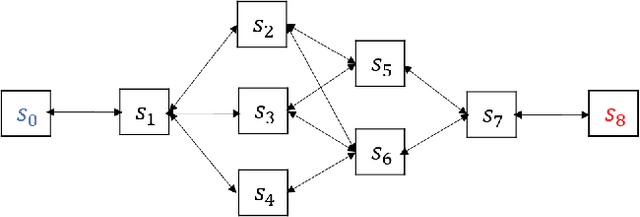
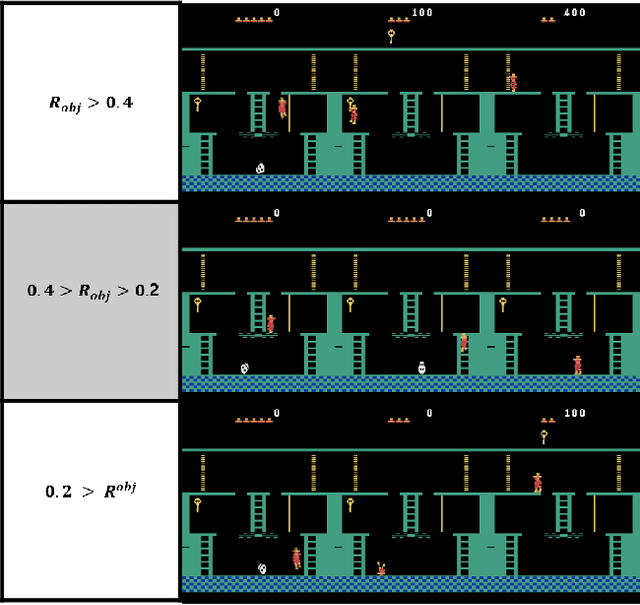
Abstract:Recently, reinforcement learning has been successfully applied to the logical game of Go, various Atari games, and even a 3D game, Labyrinth, though it continues to have problems in sparse reward settings. It is difficult to explore, but also difficult to exploit, a small number of successes when learning policy. To solve this issue, the subgoal and option framework have been proposed. However, discovering subgoals online is too expensive to be used to learn options in large state spaces. We propose Micro-objective learning (MOL) to solve this problem. The main idea is to estimate how important a state is while training and to give an additional reward proportional to its importance. We evaluated our algorithm in two Atari games: Montezuma's Revenge and Seaquest. With three experiments to each game, MOL significantly improved the baseline scores. Especially in Montezuma's Revenge, MOL achieved two times better results than the previous state-of-the-art model.
Multimodal Residual Learning for Visual QA
Aug 31, 2016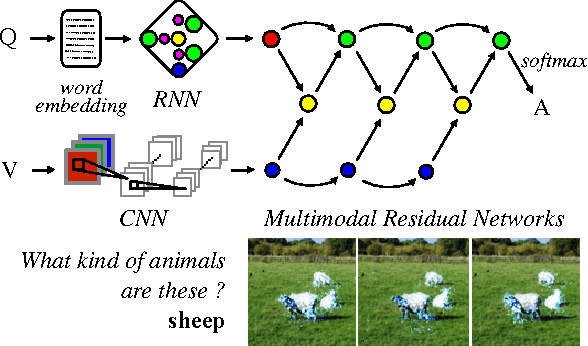
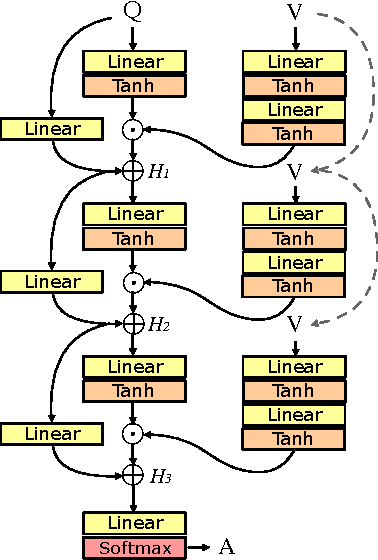

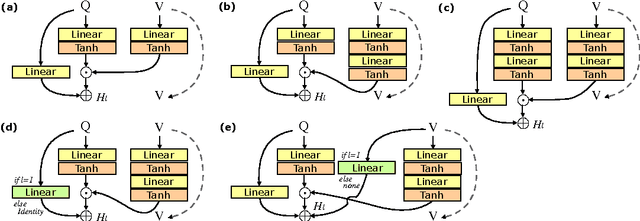
Abstract:Deep neural networks continue to advance the state-of-the-art of image recognition tasks with various methods. However, applications of these methods to multimodality remain limited. We present Multimodal Residual Networks (MRN) for the multimodal residual learning of visual question-answering, which extends the idea of the deep residual learning. Unlike the deep residual learning, MRN effectively learns the joint representation from vision and language information. The main idea is to use element-wise multiplication for the joint residual mappings exploiting the residual learning of the attentional models in recent studies. Various alternative models introduced by multimodality are explored based on our study. We achieve the state-of-the-art results on the Visual QA dataset for both Open-Ended and Multiple-Choice tasks. Moreover, we introduce a novel method to visualize the attention effect of the joint representations for each learning block using back-propagation algorithm, even though the visual features are collapsed without spatial information.
 Add to Chrome
Add to Chrome Add to Firefox
Add to Firefox Add to Edge
Add to Edge